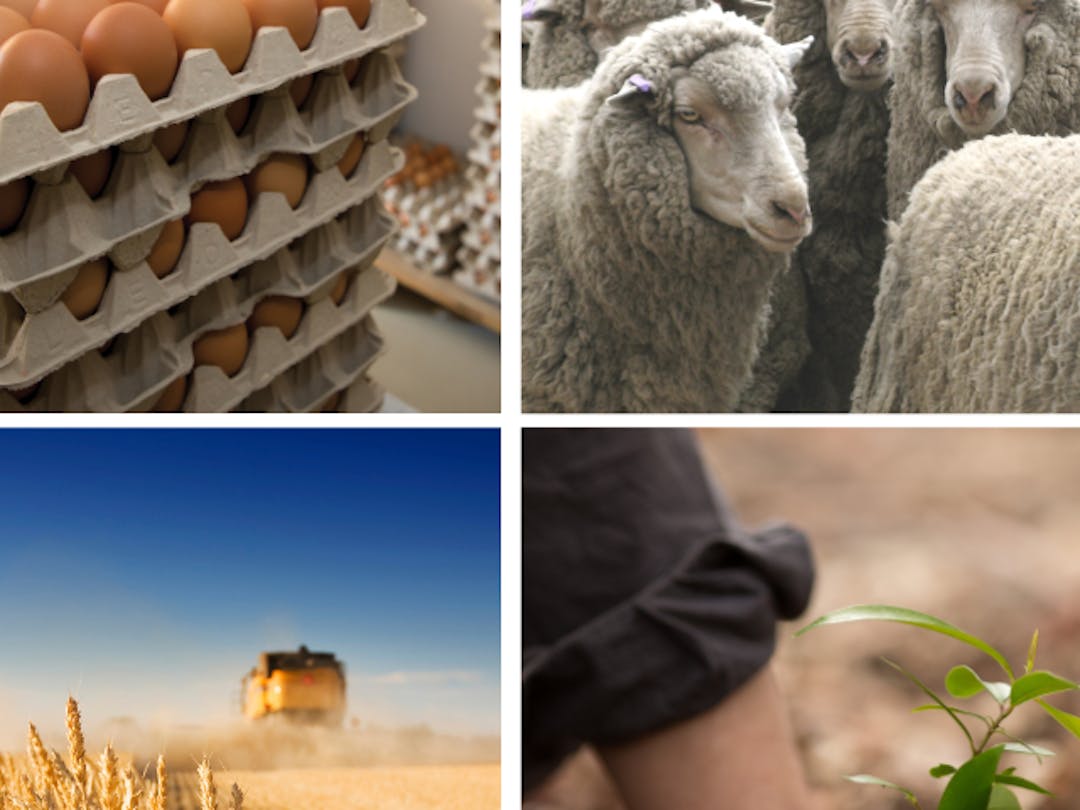Agricultural emissions reduction survey

The Department of Primary Industries and Regional Development (DPIRD) is working on emissions reduction strategies in consultation with the WA agriculture sector, including producers, business, industry, banking, research institutions and other key stakeholders. The consultation document suggests emissions reduction options for agriculture.
DPIRD sought feedback from stakeholders on the relevance, value and adoptability of these potential actions to support net zero emissions by 2050 in the agricultural component of the Western Australian State Government’s Sectoral Emissions Reduction Strategies (SERS).
Stakeholders responded to general questions, followed by industry-specific questions on:
- extensive livestock: includes beef, sheep and dairy production
- intensive livestock and horticulture: includes livestock industries of pork, chickens, eggs and perennial and annual horticulture
- cropping: includes all broadacre grain production
- on-farm carbon opportunities: includes carbon sequestration by vegetation and soils as well as building healthy, productive soils and new markets for biofuels.
Responses to the survey questions will only be published in an aggregated and de-identified format, unless prior consent is sought.
The feedback from this survey, outputs from prediction modelling being undertaken in early 2023, and input from experts in the field will be used to develop a pathway for the agriculture sector aligned with net zero emissions by 2050. This report will be available in November 2023.
If you are interested in receiving more information about SERS, emissions reduction, agriculture research and DPIRD events, subscribe to the Climate resilience mailing list or email emissions@dpird.wa.gov.au.
